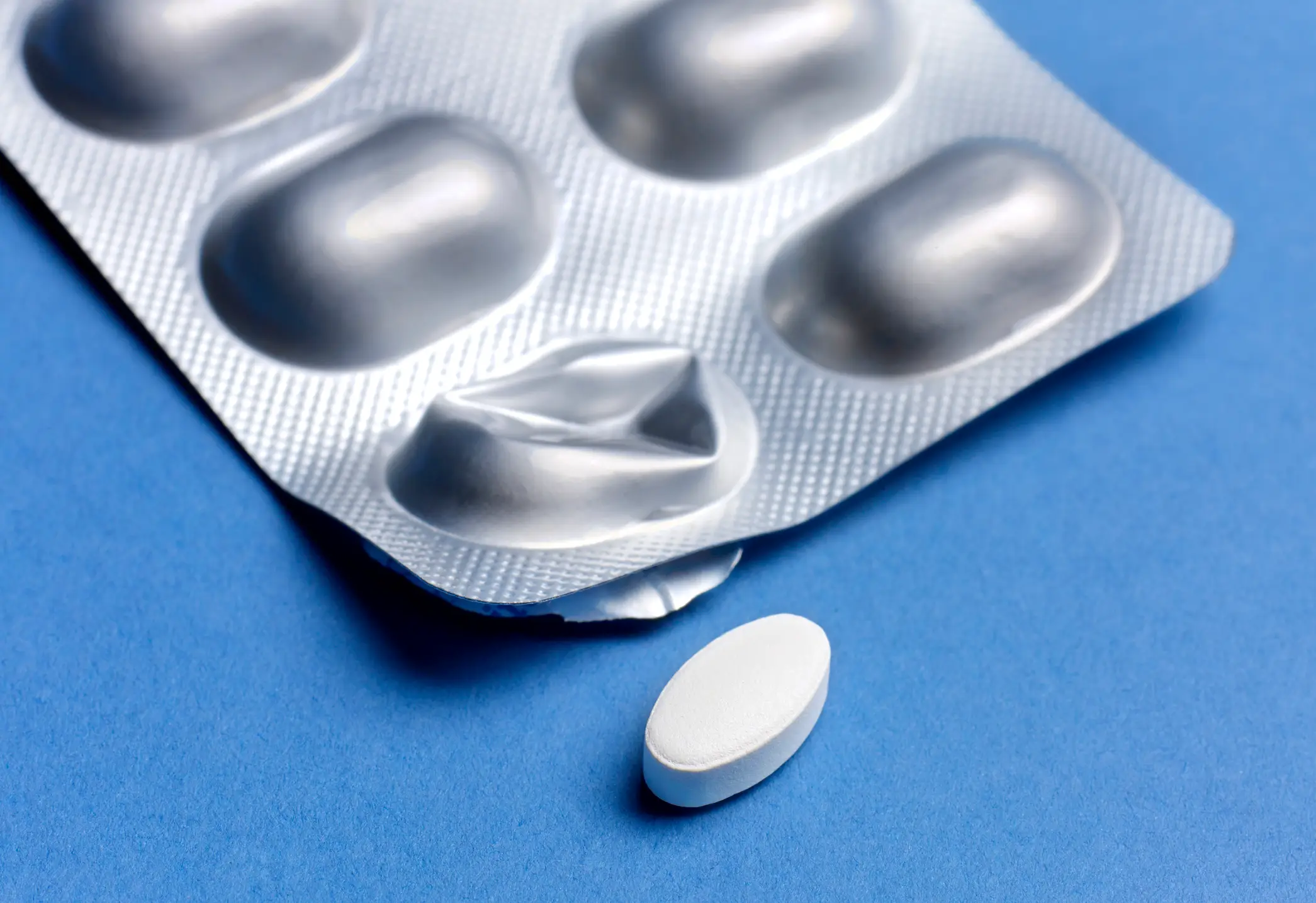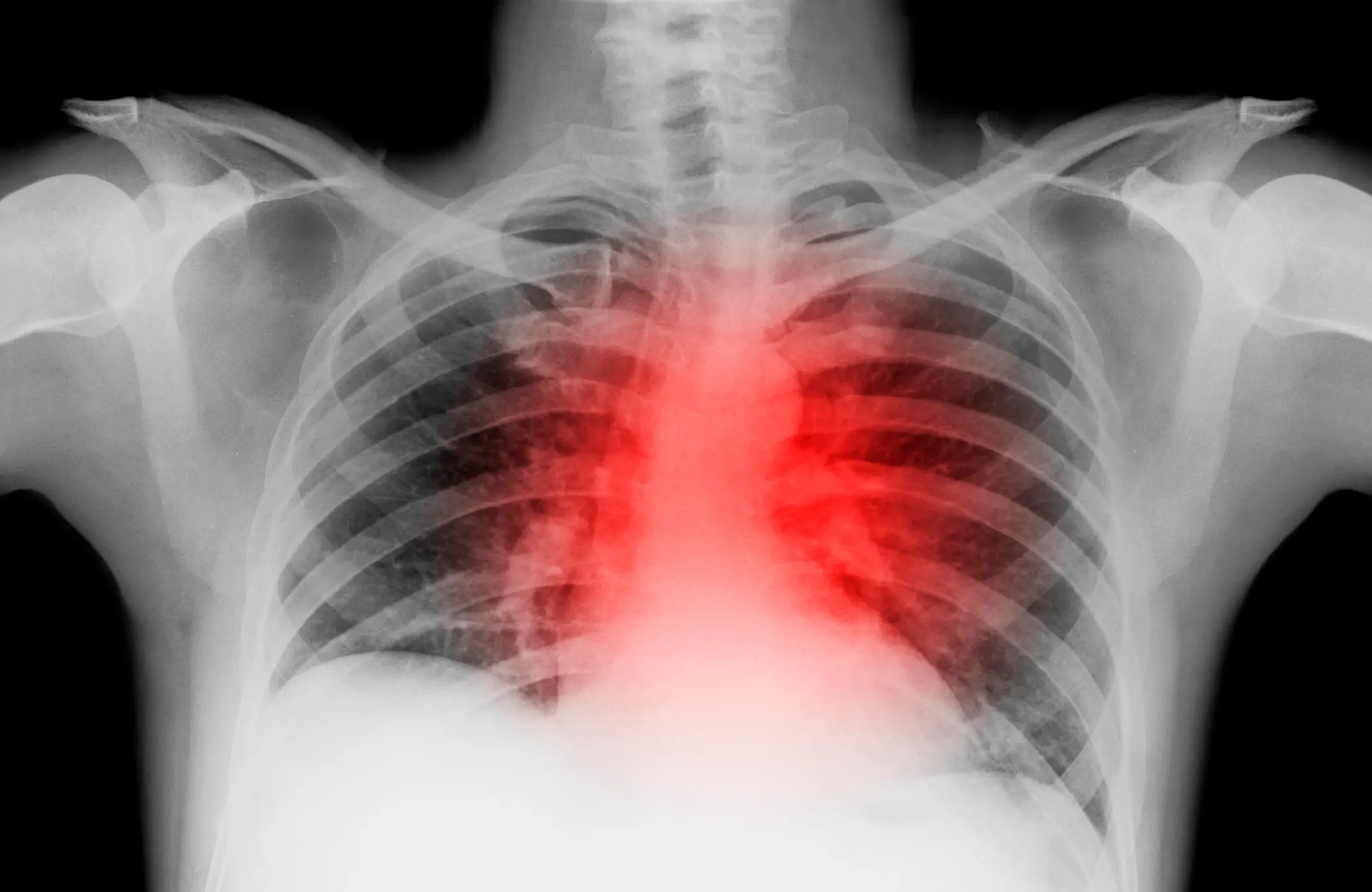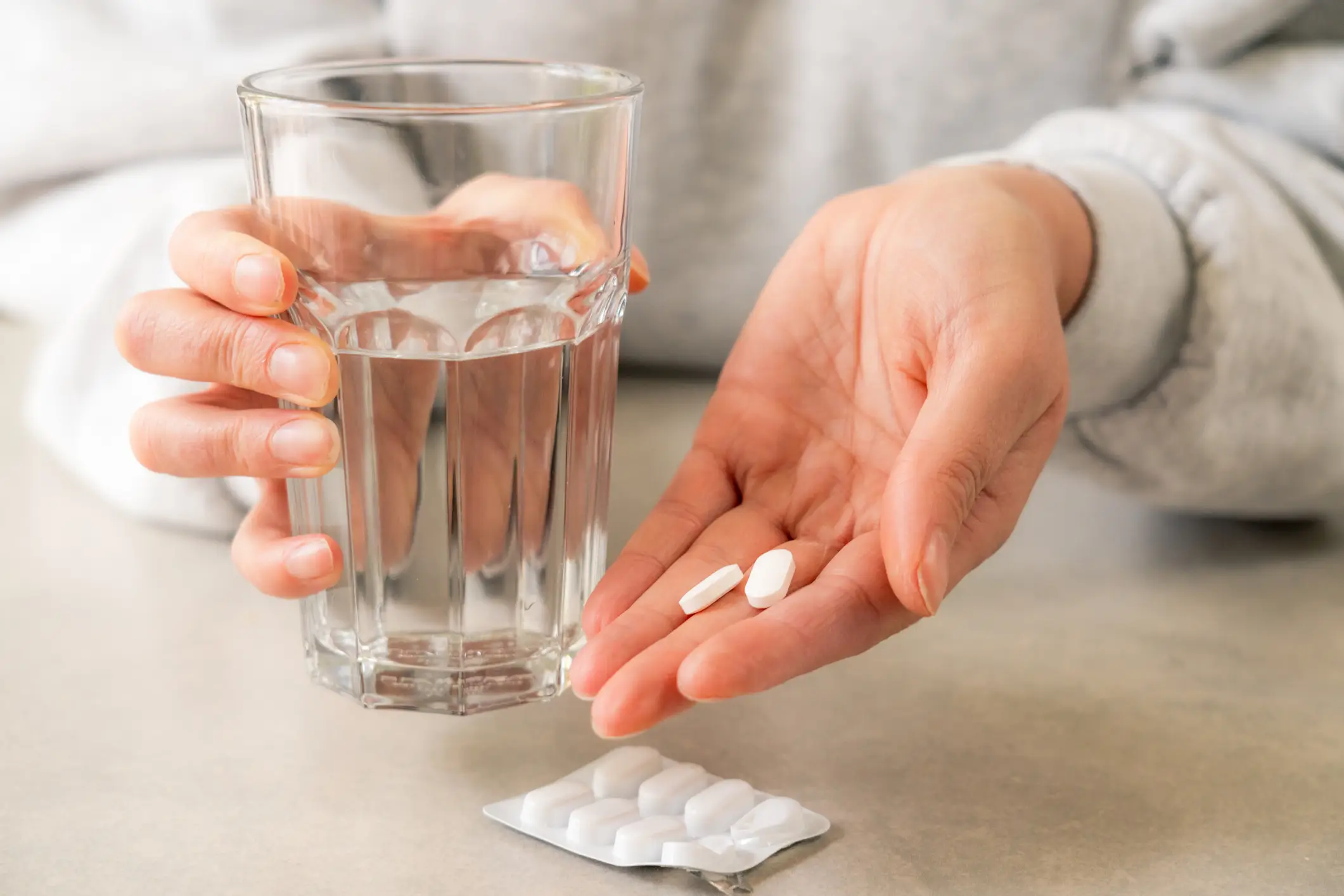
The risk of heart attack and stroke has been linked with an common pill that millions of people use everyday.
When it comes to health, there are certain things that you wouldn't want to take a risk on.
It turns out that there is something that most people take whenever they feel slightly under the weather that could cause serious health conditions - and it's easily accessible not just in the UK but all over the world.

Advert
A new scientific study has brought attention to certain drugs that can negatively affect those with pre-existing conditions, such as heart failure and peptic ulcers, could suffer more serious consequences.
And according to the research, the NHS could be paying the price - £31 million to be exact - over the next 10 years due to more complications that are expected to rise from the type of pills, which can be prescribed to those at risk.
Known as non-steroidal anti-inflammatory drugs (NSAIDs), these pills can be easily accessed at any supermarket or pharmacy and they are widely used for easing pain brought on from headaches, sprains, or other chronic pains.
Some examples of NSAIDs are ibuprofen and naproxen, which 90 percent of you will probably have at hand at work, or in your own home.

NSAIDs are widely safe for many, but for others, it could lead to some nasty side-effects, some of which include dizziness or stomach ulcers.
In more serious cases, it can lead to kidney or liver problems, heart attacks, or even strokes.
The study, which was published in The BMJ, said that the practice of prescribing NSAIDs to individuals who are considered high-risk is 'still common'.
It looked at previous research on prescribing safety in the UK, focusing specifically at five groups who were vulnerable to the side-effects of NSAIDs, which were:
- People on blood thinners
- Individuals battling heart failure
- Those battling chronic kidney disease
- People with a history of peptic ulcers
- Those over 65 not taking gastroprotection medication to lower gastric acid secretion
Researchers ran some economic models, suggesting that this 'problematic' method of prescribing NSAIDs could cost the NHS £31.4 million, while patients on blood thinners set to be the biggest financial concern, as costs are projected at £25.4 million for them alone - with older individuals without gastroprotection in second at £2.5 million, according to Wales Online.
The study concluded: "NSAIDs continue to be a source of avoidable harm and healthcare cost in these five high risk populations, especially in inducing an acute event in people with chronic condition and people taking oral anticoagulants."
Luckily, primary care prescriptions of NSAIDs in the UK have seen a decline of approximately 12 percent from 2017 to 2022.

In 2022, naproxen, the drug known for easing joint and muscle pain as well as inflammation, made up 69 percent of all NSAID prescriptions.
Prescriptions for COX-2 inhibitors, used to alleviate arthritis pain, has seen an increase, but NSAID prescriptions for those with heart risks have seen a decrease, according to the study.
An NHS spokesperson said as per The Mirror: "Prescribers have been acting to reduce NHS prescribing of NSAIDs in England and this has fallen by more than one in 10, over a five-year period.
"The nationally supported strategy is now focused on optimising medicines use in the NHS, including reducing the use of potentially addictive drugs such as opioid and sleeping pills.
"There is more to do so it is vital that patients and healthcare professionals discuss whether to continue, reduce or stop taking a medicine and consider non-pharmaceutical alternatives that could be more beneficial to ensure prescribing is appropriate and makes best use of taxpayers' money."